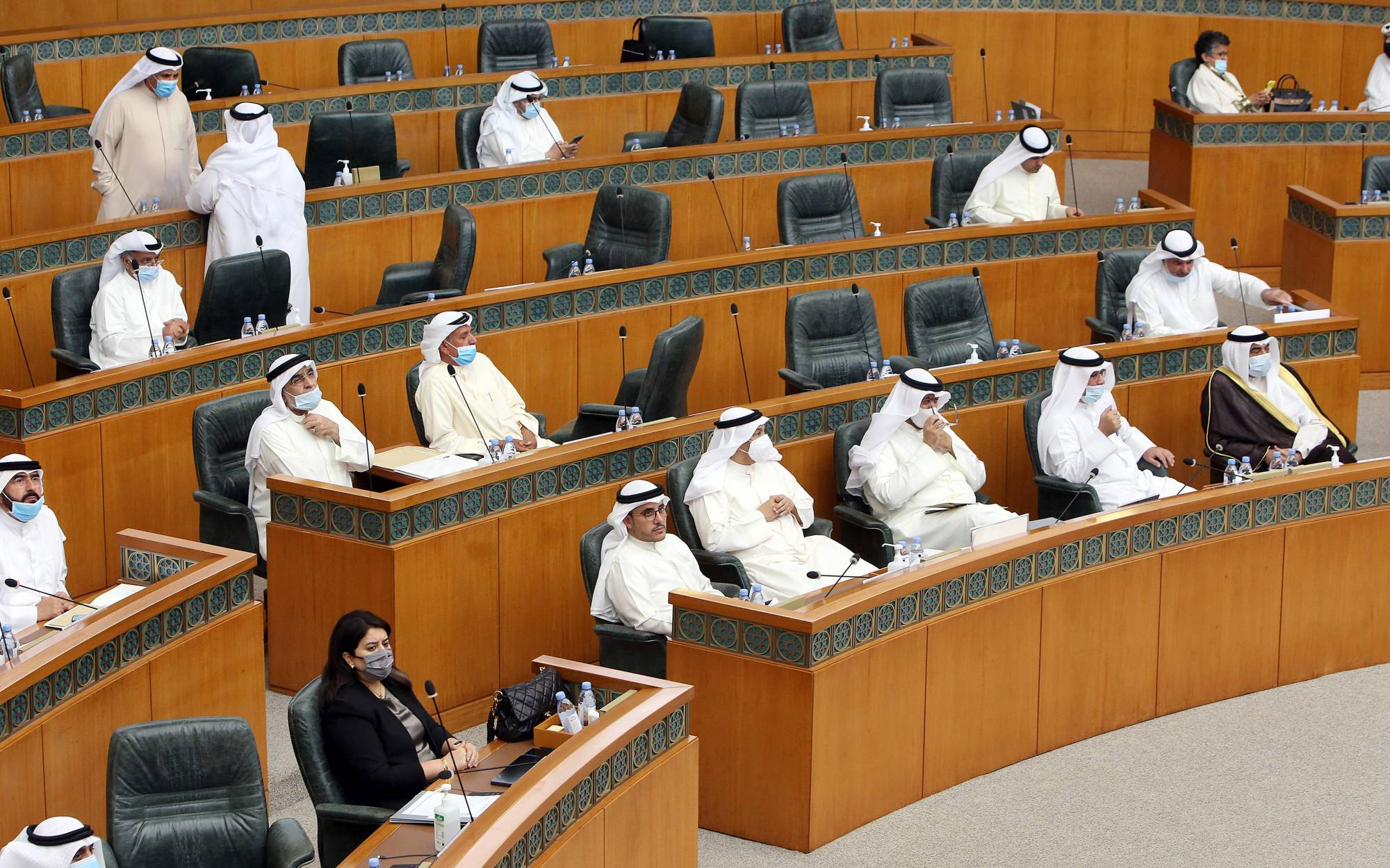When Kuwait’s then-Finance Minister Anas Al-Saleh warned in 2016 that it was time to cut spending and prepare for life after oil, he was ridiculed by a population raised on a seemingly endless flow of petrodollars. Four years on, one of the world’s richest countries is struggling to make ends meet as a sharp decline in energy prices raises profound questions over how Gulf Arab states are run.
Al-Saleh’s long gone, shifting to other Cabinet positions. A successor, Mariam Al-Aqeel, moved on in January, two weeks after suggesting Kuwait restructure a public-sector wage bill that’s the single biggest drag on state finances. Her replacement, Barak Al-Sheetan, warned last month there wasn’t enough to cash to pay state salaries beyond October.
Slow to adjust big-spending habits as oil revenues fall, the Gulf states are hurtling toward a moment of economic reckoning, prompting renewed debate over the future of nations that for decades bought popular loyalty with state largesse.

















With your current subscription plan you can comment on stories. However, before writing your first comment, please create a display name in the Profile section of your subscriber account page.